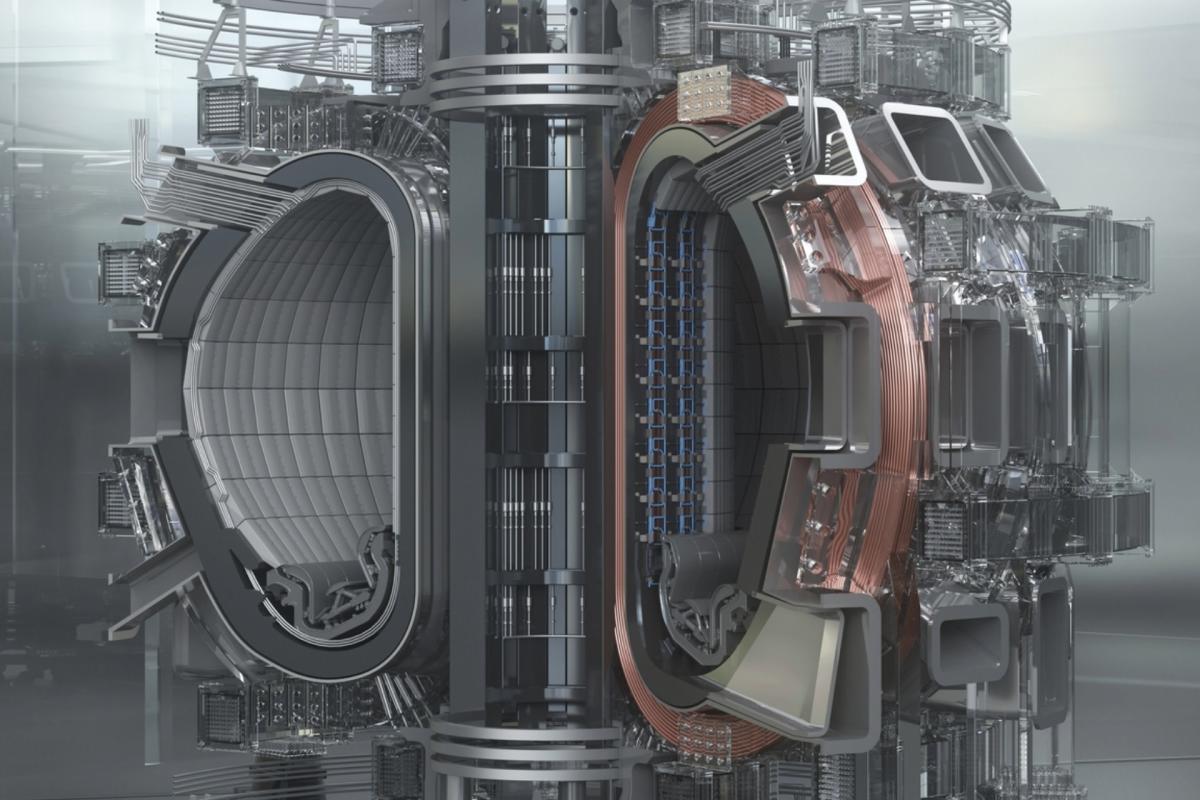Oh SHIT he means business!To wit:
Just playing, I agree with everything you said.
I don't think it's possible to remove greed out of any human equation, unfortunately, as others have pointed out.Do you think the process would become safer if we remove the monitary gains from it? Seems like when there is money to be made corners get cut and saftey gets left behind. A not for profit nuclear power plant? Is that even viable? I know there is still human error to account for but is it possible to remove greed from the equation?
This thread made me want to look up Thorium reactors again. I remember something like 15 years ago on ifuckinglovescience or some shit I read about them and they seemed like such a "why aren't we funding this?!" thing that it drove me nuts. But it does raise the question of whether we could use a less radioactive fuel source even if it would reduce power output.Science is rarely 'solved,' just advanced. Just because we know how to do it and we know how to do it safely doesn't mean that we know how to do it efficiently and at scale.
There's always room for innovation, discovery, and improvement. For instance, changing from a Uranium fueled reactor to a Thorium fueled reactor. Who's to say there isn't another type of yet-to-be-discovered fuel that is more economically feasible without compromising on efficiency or safety? How would we ever know if we just slapped a bow on it and said "Well, that's nuclear energy; sure is neat we figured that one out, bummer that it's too expensive."

